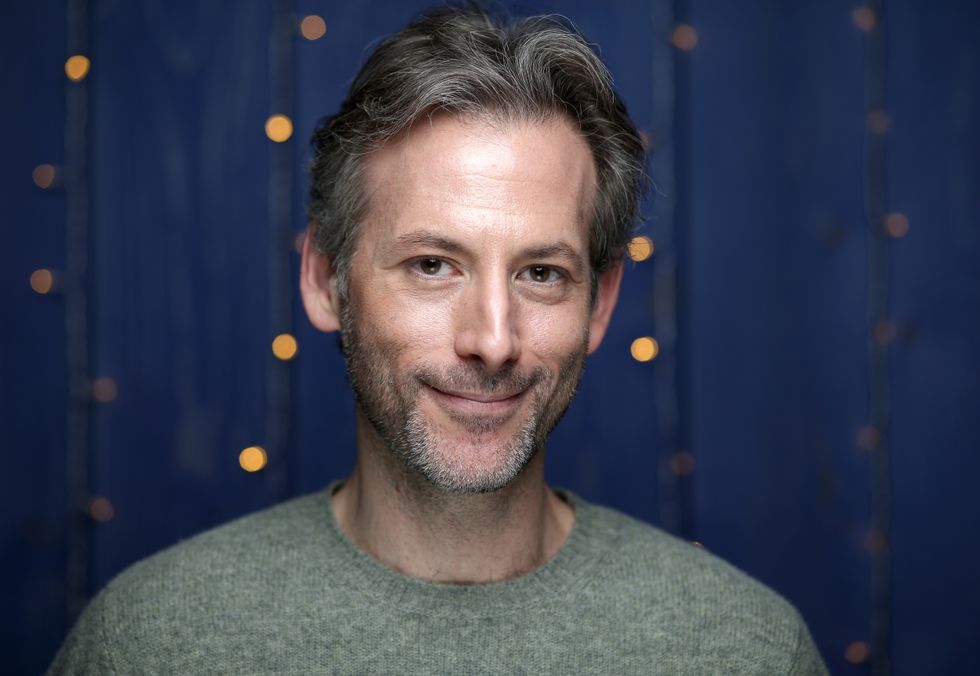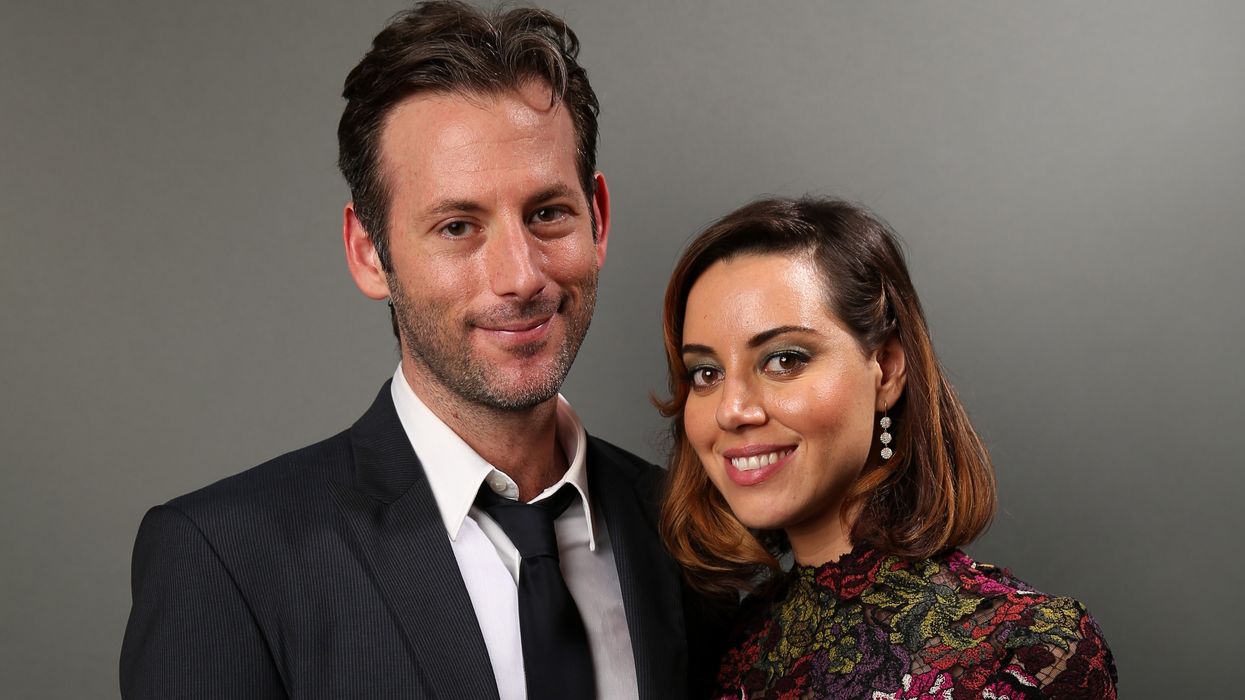Highlights:
• Aubrey Plaza speaks for the first time about husband Jeff Baena’s death.
• The actor compares her grief to an “ocean of awfulness.”
• Plaza describes coping as “a daily struggle” but says she feels grateful.
• Baena, a filmmaker, died by suicide in January aged 47.
Aubrey Plaza has opened up for the first time about the death of her husband Jeff Baena, describing her grief as “a giant ocean of awfulness.” Speaking on Amy Poehler’s podcast Good Hang, the White Lotus star shared how the director’s suicide has left her navigating life one day at a time. Plaza, who starred in several of Baena’s films, admitted that although she is functioning, it remains “a daily struggle, obviously.”

What did Aubrey Plaza say about her grief?
Plaza told her longtime friend and Parks and Recreation co-star Poehler that she is learning to live with loss in real time. “Right in this very, very present moment, I feel happy to be with you,” she said. “Overall, I’m here and I’m functioning. I feel really grateful to be moving through the world. I think I’m OK, but it’s like a daily struggle, obviously.”
She then used a striking analogy from the 2025 sci-fi film The Gorge to explain her feelings. “In the movie there’s a cliff on one side and a cliff on the other, and a gorge in between filled with monster people trying to get them. I swear when I watched it, I was like: that’s what grief feels like. At all times there’s a giant ocean of awfulness that’s right there, and I can see it. Sometimes I just want to dive into it and be in it. Sometimes I just look at it. Sometimes I try to get away from it. But it’s always there.”
Her candid words have resonated with listeners who have experienced bereavement, with many praising her ability to put into words the constant presence of grief.

Who was Jeff Baena?
Jeff Baena was a screenwriter and director known for offbeat comedies. He co-wrote I Heart Huckabees with David O. Russell and later made films including Life After Beth, The Little Hours, and Spin Me Round, all of which featured Plaza in leading roles. Critics described his films as “enjoyably twisted,” and his work attracted a loyal following in independent cinema.
Baena died by suicide at his Los Angeles home on 3 January 2025. He was 47. At the time, a joint statement from Plaza and his family called his death “an unimaginable tragedy” and asked for privacy. The couple had been together since 2011 and married in 2021.

How has Aubrey Plaza coped since her husband’s death?
Plaza has largely stayed out of the spotlight in the months since Baena’s death, apart from a short Instagram tribute. Speaking to Poehler, she admitted that coping has been uneven. “Sometimes I feel grateful, sometimes I just feel like I’m drowning,” she said, adding that support from close friends and her dog Frankie has helped her through the darkest moments.
Her openness on the podcast marks the first time she has publicly discussed her husband’s death in detail. Fans online have responded with messages of support, many sharing how her words made them feel less alone in their own experiences of loss.

What is next for Aubrey Plaza?
Despite her personal tragedy, Plaza continues to work. She can next be seen in Ethan Coen’s upcoming comedy Honey Don’t, alongside Margaret Qualley. Her recent projects include the Marvel series Agatha All Along and a Golden Globe-nominated performance in season two of The White Lotus.
While she admits each day remains a test, Plaza said she feels determined to keep moving forward. “Overall, I’m here and I’m functioning,” she repeated. “I feel really grateful to be moving through the world.”





